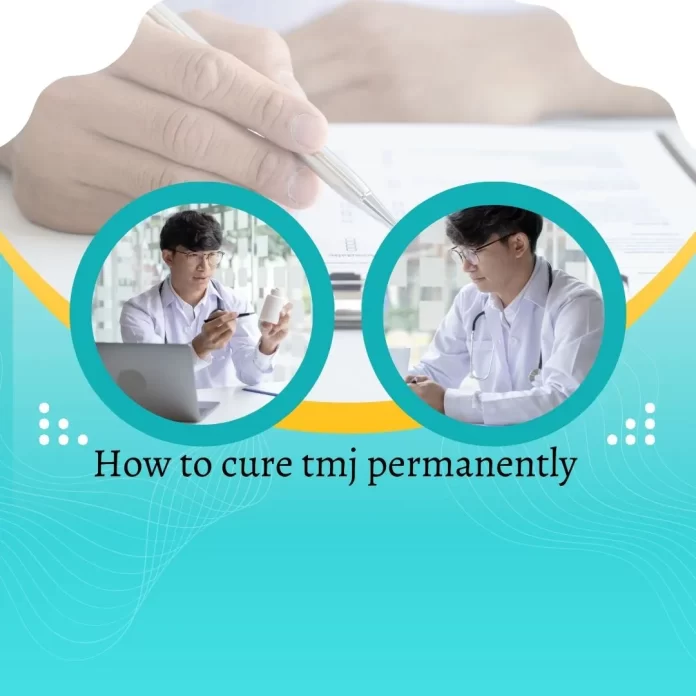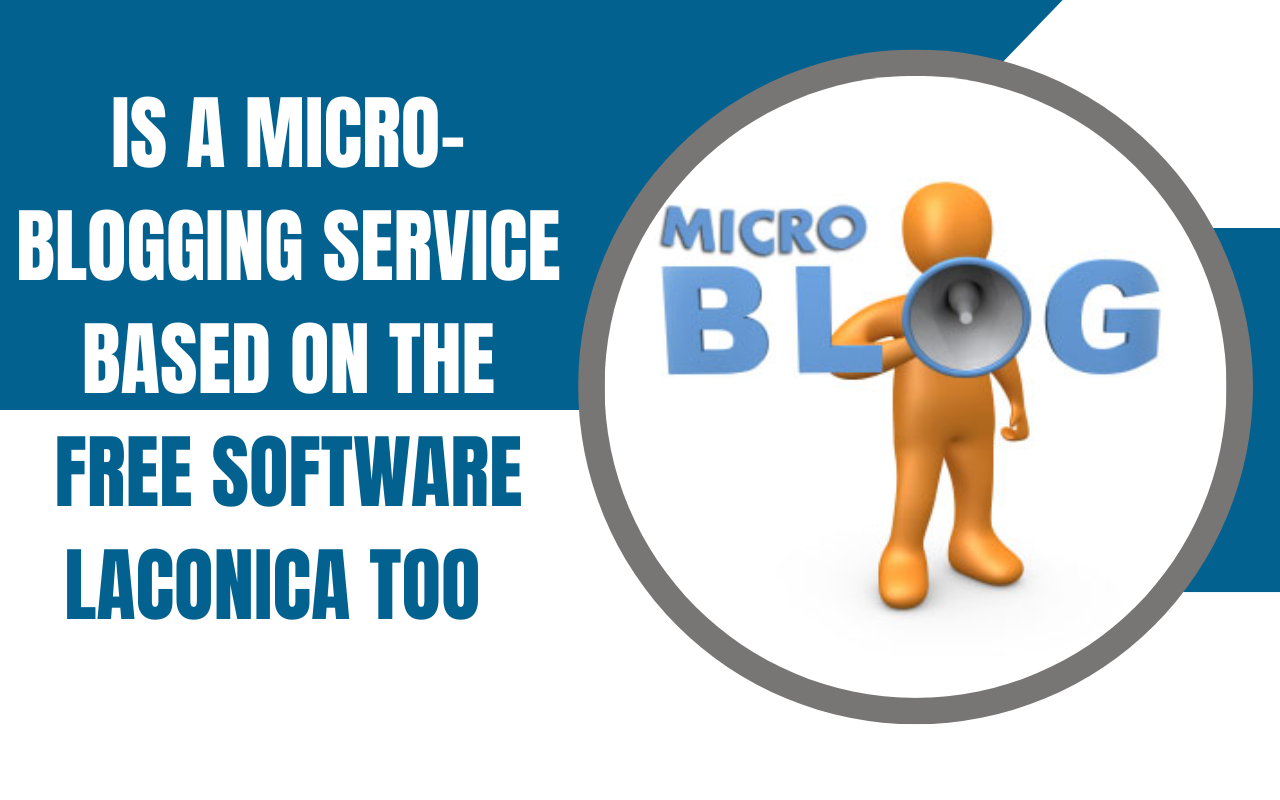TMJ, also known as temporomandibular joint disorder, is a debilitating condition that impacts the jaw joint and the muscles around it. While there is no guaranteed cure for TMJ, there are approaches and techniques that can provide long-lasting relief and improve jaw health. In this article, we will explore strategies on how to cure TMJ permanently to help alleviate TMJ discomfort and manage its symptoms effectively.
What is TMJ?
The TMJ, also known as the temporomandibular joint, serves as the connection between the skull and the lower jaw. It comprises two sections separated by a disc, which absorbs the impact generated by jaw movements like chewing and smiling. Working in conjunction with surrounding joints and muscles, this intricate system enables the jaw to move both vertically and horizontally.
TMJ disorders encompass a range of conditions that disrupt the proper functioning of this system. As a result, individuals experience pain, discomfort, and other related symptoms. The National Institute of Dental and Craniofacial Research reports that TMJ disorders are highly prevalent, affecting approximately 10 million Americans.
What Causes TMJ disorder?
The connection between your lower jaw and skull is established by the temporomandibular joints.
These crucial joints enable essential functions such as chewing, talking, and swallowing.
When there is a misalignment or inflammation in the jaw, it leads to the occurrence of TMJ disorder.
TMJ disorder can disrupt your daily routine and cause pain since these joints are involved in frequent facial actions.
Additionally, symptoms can be exacerbated by various factors, including teeth grinding (bruxism), arthritis, stress, and dental trauma.
Continue reading to discover effective methods for treating TMJ disorder and alleviating pain.
What foods to avoid with TMJ?
There are several types of foods that can exacerbate TMJ pain:
- Tough or chewy meats, such as steak.
- Bagels, crusty bread, and other baked goods that require excessive chewing.
- Hard fruits and vegetables, like apples and carrots.
- Hard nuts that require excessive jaw force.
- Chewy or sticky candies that put strain on the jaw.
- Chewing gum, which can overwork the jaw muscles.
What fruit is best for TMJ?
some examples of foods that are considered good options:
- Ripe melons, which have a soft texture and are easy to chew.
- Soft pears that are gentle on the jaw.
- Bananas, which have a naturally soft consistency.
- Applesauce, a smooth and easy-to-consume option.
- Canned fruits in 100% fruit juice, providing a soft and juicy texture.
How to cure tmj permanently?
Achieving a permanent cure for TMJ involves considering the following treatment options:
- Custom-made splints
- Physical therapy
- Surgery
- Transcutaneous Electrical Nerve Stimulation (TENS)
How long does TMJ take to heal?
Fortunately, in the majority of cases, TMJ symptoms typically resolve within a span of three weeks. However, for specific TMJ conditions like those caused by arthritis or bruxism, the duration can extend to months or even years, depending on the severity of the underlying condition.
Conclusion
In conclusion, TMJ is a condition that affects the jaw joint and surrounding muscles, causing pain and discomfort. While there is no guaranteed cure for TMJ, various treatments and approaches can provide relief and manage symptoms effectively. Custom-made splints, physical therapy, surgery, and Transcutaneous Electrical Nerve Stimulation (TENS) are potential options for addressing TMJ. It is important to consult with healthcare professionals to determine the best course of action for managing TMJ and improving overall jaw health.
FAQ
Q1: What are the common symptoms of TMJ?
Ans: Jaw pain, clicking/popping sounds, difficulty in chewing.
Q2: How long does it take for TMJ symptoms to resolve?
Ans: Typically, symptoms clear up within three weeks.
Q3: Can TMJ be permanently cured?
Ans: While there is no guaranteed cure, treatment options can provide long-term relief.
Q4: What are some non-surgical treatments for TMJ?
Ans: Custom-made splints, physical therapy, and TENS therapy.
Q5: What causes TMJ?
Ans: Factors include misalignment, inflammation, bruxism, and arthritis.







